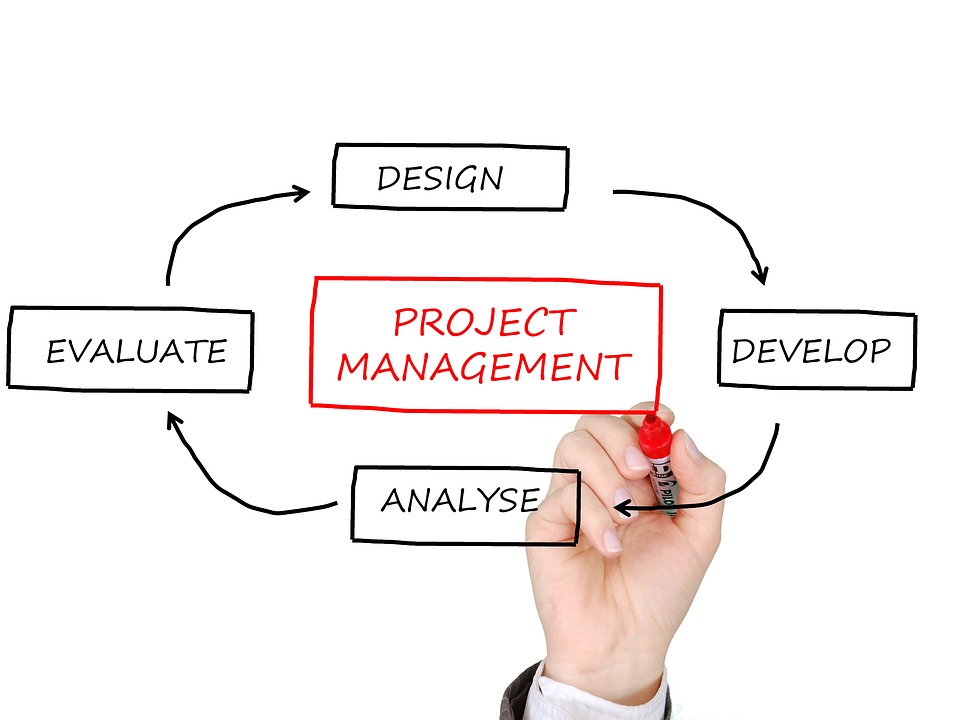
May 28, 2019
When we interview Project Managers the one topic that makes most look uneasy is the competency-based question I ask RE: ‘stakeholders’. I generally ask for some examples of how they have managed challenging stakeholders and of course the classic “tell me about your most challenging stakeholder, why they were your most challenging and how you approached them effectively”.
Answers vary of course but every Project Manager has a story to tell. I decided to ask some of Sydney’s most experienced and senior Project Managers for their insight and advice RE: managing stakeholders so that hopefully the collective Project Management community can learn from the wisdom.
Below are some of the responses to my question;
- Government stakeholders have been the most challenging. Find ways to understand their objectives and priorities to identify alignments and conflicts with yours. You can then work on referencing the former and work around the latter to build trust, respect and integrity.
- A toxic boss. Was given advice by our then-9-year-old son after bringing a particular incident to the dinner table: “That man is a bully. Stand up to him. All bullies are cowards.”
- A highly resistant senior stakeholder who would have lost his power base if the proposed changes went ahead. This was a clear case where escalation was the right course of action. However, the project sponsor (Mr X’s peer) was unable to get the support of the MD and the Executive Team and the project was shelved. And that counts as “effectively” – because a multi-million dollar project that doesn’t have the support of the Exec Team doesn’t have the critical success factors required and is likely to turn into one of those projects that fail.
- One very large brand was hard as the CIO was extremely driven and demanding, I needed to be aligned to that. A similarly large Australian brand had many competing stakeholders who had different agendas so I had to go around explaining the story to them to gain alignment. The worst was a very successful business that had difficult end users, who weren’t all employees so I had to spend significant time focused on the right communication and in particular change.
- You have to understand their personality type, why are they feeling like they do and then you must adapt all communication to that person. Stakeholders are like children. They can be wonderful but turn your back or communicate in a way they can’t comprehend and they will run riot.
What tips can you give for effectively managing stakeholders?





